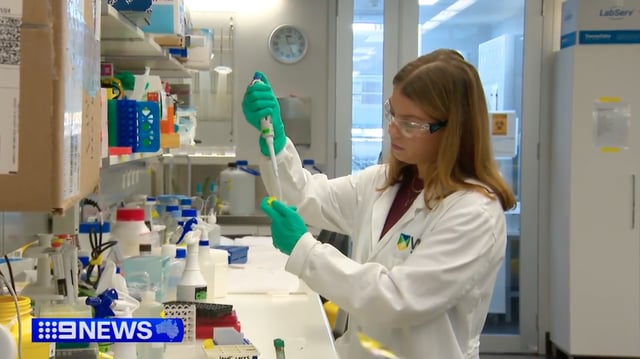Overview
- The test exposes patient blood samples to gluten peptides in a test tube and identifies reactive immune cells by measuring interleukin-2 production.
- Clinical trials with 181 participants demonstrated 90% sensitivity and 97% specificity, including on strict gluten-free regimens.
- By removing the weeks-long gluten challenge and invasive biopsies, the blood test could increase diagnosis rates among the estimated 80% of undiagnosed patients.
- Levels of interleukin-2 produced in the assay correlate with symptom severity, offering a prognostic tool without dietary provocation.
- Researchers are now validating the test across diverse populations and expect it to enter clinical practice within two years.



